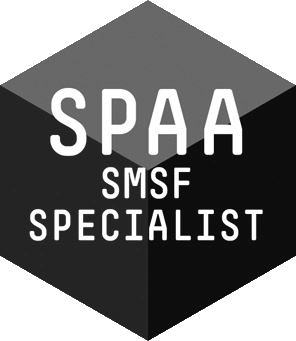Food and beverage processing is Australia’s largest manufacturing industry, accounting for around 20% of our domestic manufacturing sales and service income. There is a diversity of players in the industry, from multinationals providing high volume FMCG to small niche gourmet producers. For food manufacturers in Australia, there are several key tax tips to help reduce your tax liabilities and comply with Australian tax law. Here are some important considerations:
1. GST (Goods and Services Tax) Exemptions and Deductions
· GST on Food: Generally, food is GST-free under Australian tax law, meaning you do not have to charge GST on most food products sold to customers. However, there are exceptions, such as hot takeaway food, confectionery, and certain beverages.
· Input Tax Credits: If you are registered for GST, you can claim input tax credits for the GST paid on business-related expenses, such as raw materials, packaging, and machinery.
2. Small Business Tax Concessions
· If your food manufacturing business qualifies as a small business (under $10 million in annual turnover), you may be eligible for a variety of tax concessions, such as:
o Simplified Depreciation Rules: You can immediately deduct the cost of new assets up to a certain threshold (currently $1,000).
o Instant Asset Write-Off: Small businesses can write off assets worth up to $20,000 each (note: this threshold is subject to change).
o Simplified Trading Stock Rules: Small businesses may not have to do an end-of-year stock take if the value of your stock hasn't changed by more than $5,000 from the previous year.
3. R&D Tax Incentive
· Research and Development (R&D) Tax Incentive: If your food manufacturing business is engaged in eligible R&D activities, you may be able to claim a tax offset for eligible R&D expenditures. This could include testing new food formulations, improving production processes, or developing packaging innovations. This incentive can be beneficial for companies that invest in new technologies or production methods.
4. Fringe Benefits Tax (FBT)
· If your food manufacturing business provides employees with benefits (e.g., company cars, free meals, or other non-cash perks), you may be subject to Fringe Benefits Tax (FBT).
· Some benefits might be exempt or reduced, such as food and drink provided to employees on the premises during working hours.
5. Tax Deductions for Business Expenses
· Cost of Goods Sold (COGS): Expenses directly related to producing food products, such as raw materials, labor costs, and manufacturing costs, are tax-deductible.
· Marketing and Advertising: Expenses related to promoting your food products, including advertising, social media marketing, and trade show participation, can be deductible.
· Energy Costs: If you are running energy-intensive manufacturing processes, you can claim energy costs as business expenses.
6. Superannuation Contributions
· Employers are required to make superannuation contributions on behalf of their employees. Superannuation contributions are generally deductible, which can help reduce your taxable income.
7. Environmental Considerations
· If your business makes environmental improvements (e.g., energy efficiency upgrades, waste reduction), you might be eligible for grants, rebates, or tax deductions.
· Some food manufacturers may qualify for Carbon Tax rebates if they reduce their carbon footprint, depending on their activities.
8. Keep Records for Audit and Compliance
· As with any business, a food manufacturing business must maintain accurate and detailed financial records. This includes invoices, receipts, and other supporting documents for tax deductions, GST claims, and other tax matters.
· The Australian Taxation Office (ATO) requires businesses to keep records for at least five years. Failure to do so could result in penalties.
9. Tax Compliance and Reporting
· Ensure that you are compliant with all BAS (Business Activity Statement) filing requirements, including the timely payment of GST and PAYG withholding.
· Tax Audits: Regularly review your tax compliance to ensure you meet all requirements. The ATO may conduct audits, so staying up-to-date with your filings is crucial.
10. Tax Planning
· It's beneficial to work with a tax advisor or accountant who has experience in the food manufacturing industry. They can help you with tax planning, taking advantage of incentives, and structuring your business to minimise tax liability while complying with Australian tax law.
11. State-Specific Considerations
· Some states and territories may offer specific tax rebates, concessions, or grants aimed at supporting the food manufacturing industry. These can vary depending on location, so it’s worth checking the rules in your state.
By staying informed about tax laws and taking advantage of available incentives and deductions, food manufacturers in Australia can significantly improve their bottom line. Always consult with a tax professional to ensure you are complying with all relevant regulations while maximising your potential tax savings.
Our Management Credentials




